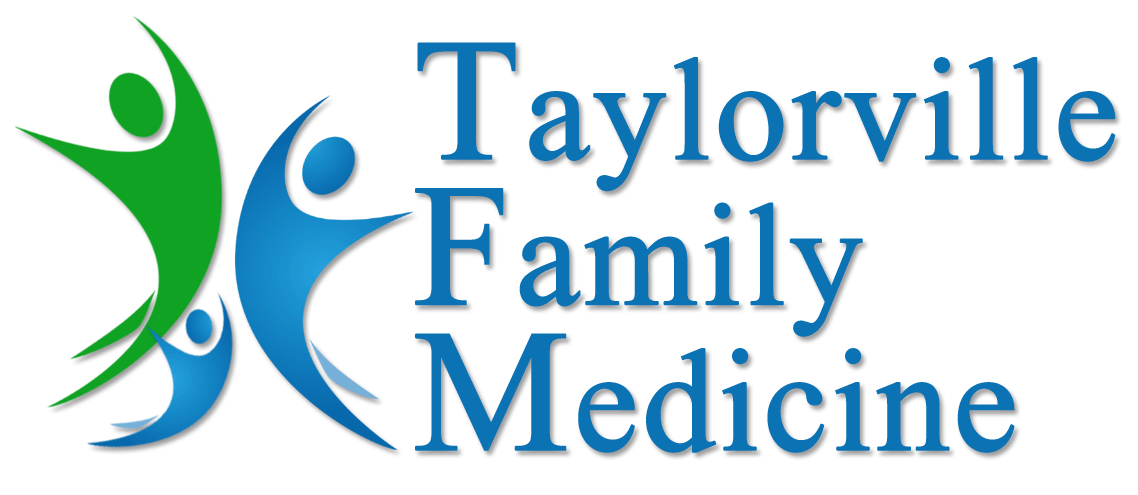Happy National Public Health Week! What is Public Health, you may ask? According to the CDC, Public Health is "the science and art of preventing disease, prolonging life, and promoting health through organized efforts and informed choices of society." In honor of National Public Health Week, we at Taylorville Family Medicine want to share some ways on how you and your community can practice public health!
Emergency Preparedness:
Like myself, I bet many of us can remember doing fire drills back when we were at school. And if you grew up in Alabama, you also did your fair share of tornado drills as well (who else used to practice putting a textbook over their head)? While it seemed silly to practice when I was younger, as I had gotten older, I realized the significance behind those drills. We always assume it could never happen to us, but it can happen to anyone.
When I was in first grade, I remember having to sit in the hallway for over two hours with a textbook over my head when a tornado warning was issued. In high school, there were multiple times when we had to evacuate the school because something caught on fire in the kitchen. And even going to the University of Alabama, there have been many times I had to hunker down in a hallway because a tornado warning had been issued for the county.
Thanks to the numerous practices drills I have practiced over the years; I knew what to do in these types of situations. While these events happen unexpectedly, there are many ways you can prepare for when disaster strikes. To learn more about how to prepare for an emergency, click here.
Reproductive and Sexual Health:
The importance of safe sex:
Many of us remember taking sex education back in high school (or even middle school). And while we all felt a little uncomfortable discussing the topic among our peers, it was necessary to learn. Today, sexually transmitted infections such as chlamydia, gonorrhea, and syphilis continue to rise in the United States due to unsafe sex (not using a condom or other barriers) and not getting tested for STIs annually. To learn more about the importance of safe sex and how to prevent STIs, click here.
Giving back to women in need:
Unfortunately, today, millions of women across the globe do not have access to menstruation products. One-way you women in need are by donating new, unopened boxes of pads and tampons to homeless shelters, health centers, and even local schools in your community. To learn more about ways you can help, click here.
New innovations in Public Health
Telehealth
To me, it seemed like fewer and fewer people went to urgent care facilities after COVID thanks to this innovation in public health. Although I was skeptical at first, it was far better than sitting in a dimly lit waiting room and filling out endless paperwork. That's right, I'm talking about telehealth! This is the perfect solution for patients who visit a clinic frequently, live in rural areas, or who don't have the time to sit forever in the waiting room. While there is still room for improvement, Telehealth is becoming a more popular option for many (even at Taylorville Family Medicine)! To learn more about telehealth, click here. To learn more about telehealth services at Taylorville Family Medicine, click here.
Lifesaving vending machines
When I started to do my research on this blog, I came across something that I knew I had to include- lifesaving vending machines. While this older technology has been around for ages, many neighborhoods in Washington D.C. Are using vending machines to deliver lifesaving medications to help prevent drug-related deaths. In 2021, the U.S recorded more than 106,000 drug-related deaths and the number continues to grow today. While these life-saving vending machines have not made their way to Alabama yet, this innovation looks as though it will help reduce the number of drug-related deaths we see today. To learn more about the project, click here.
Although we briefly covered some of the more common ways you and your community can promote and practice public health, there are hundreds of more out there! To learn more about ways you and your community can practice public health, click here.
Check us out on socials




